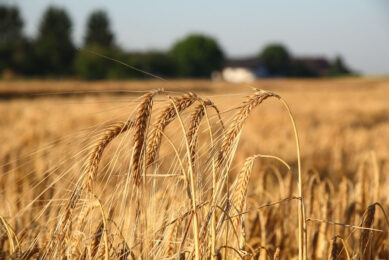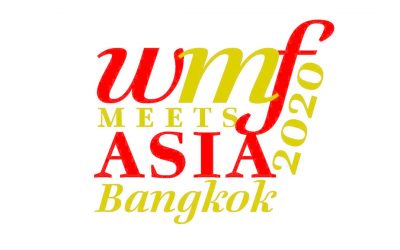GMOs essential for food security in Africa
Consumers in developed countries won’t buy GMOs out of lingering concerns over their safety. This is mainly a perceptions problem, which some food chains have manipulated to their advantage. However, different and more basic challenges exist in Africa of which food security may be the bigger problem.
Consumers in developed countries won’t buy GMOs out of lingering concerns over their safety. This is mainly a perceptions problem, which some food chains have manipulated to their advantage. However, different and more basic challenges exist in Africa of which food security may be the bigger problem.
Africa: Food security v Food safety
Productivity must therefore be increased first to provide food security for a growing population before concern should be expressed over food safety.
Why is Africa then so concerned about high and strict regulations on the use of technologies such as GMO and less concerned about its potential to contribute to poverty reduction and food security?
GM technology could help in meeting food demand
Will genetic modification not provide Africa with one way of meeting the growing demand for food without placing even greater pressure on their scarce resources?
A further question should be raised on the poor adoption of clearly beneficial technology in Africa? Is it due to the lack of knowledge and exposure on farmers’ part? Is cost the issue for adapting to new technologies?
Misinformed suspicions
Or, is the real issue not that much of the problem lays in official and unofficial disinformation by government scientists and advisors, and anti-GM lobby groups or maybe poor governance and unpredictable politics?
The fact is that misinformed suspicions regarding certain technologies in GM seeds have been a good example of why the adoption rate of hybrid maize varieties in Africa is as low as 4%.
Furthermore, the confusing controversy over products of GM technology combined with a highly regulated environment in many developed countries maybe another important reason for developing countries to adopt a very cautious approach to products of GM technology.
Trade difficulties for limited agricultural commodities due to the complex 1st world regulatory regimes, certainly also contributed to the resistance by developing country farmers to adopt GMO technology, often at the expense of food security and better overall profits in those countries.
Somebody may need to take the initiative to show African Governments that any technology that reduces costs and raises profits will eventually allow farmers to expand their production and increase food security.
Is GMO not an essential part of agricultural development, which over time can increase farm size and profits? Again the question should be asked why Africa is so cautious in their approach to products of GM technology if until now very little (if any) scientific proof exists that GMOs that reach the market are unsafe.











